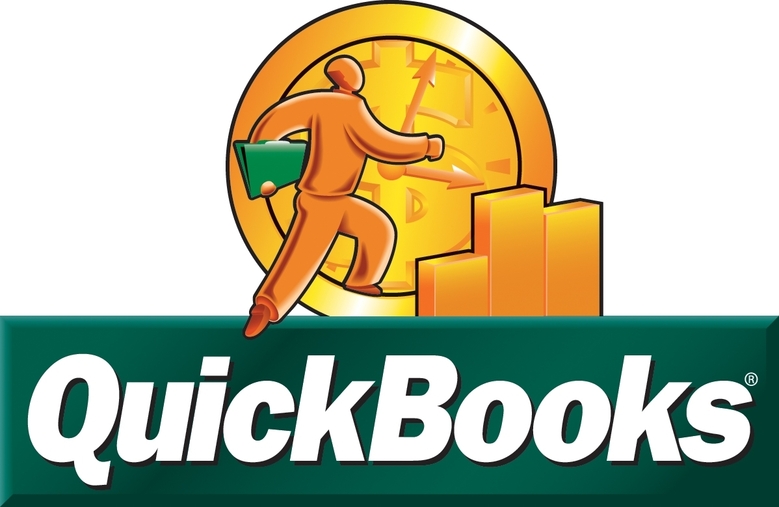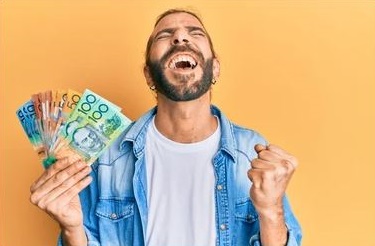
EOFY Preparation – Bookkeeping
As the end of the financial year continues to get closer, I’ve had several clients calling me to discuss getting their records in to us in early July for tax preparation. Getting your business books as up to date and accurate as possible not only aids in the speed of the preparation of your returns but also in the efficiency and therefore minimises the cost. I’m always happy to offer suggestions and advice on ways to improve even the very tidiest of books because it’s win/win for everyone if we are able to get their work done in the most cost efficient and accurate manner.

Here’s my top 5 things to do to check your bookkeeping is ready for tax preparation:
1. Check that the June 30 reconciliation has been done on all accounts. This includes the general bank account, credit cards and petty cash accounts. If you have a Go Via account – I recommend reconciling this as a bank account as well. The balance sitting in this account is an asset to your business and should be shown on the balance sheet. This is still important if you are using an online system with bank feeds.
2. Go through your expense accounts and check the GST looks right. There isn’t GST on all expenses and common errors include GST showing on ASIC payments, bank fees, interest expense, superannuation payments and especially insurance. Insurance has a stamp duty portion that is GST free and this effects vehicle registration and general insurance. It’s a worthwhile exercise pulling out the invoices and cross matching the GST in your data file to the GST on the tax invoice. You may even find that you weren’t provided a proper tax invoice for your insurance and have to request one.
3. Review your accounts receivable report – it should be a reflection of the amounts you are owed as at the date of the report. If there are any negative figures, investigate these and if any of the amounts are bad debts, make a note to advise us when providing your tax work.
4. Review your accounts payable report – it should be a reflection of the expense invoices that you hadn’t paid as at the date of the report. I often find things on this report that were paid personally or with cash so make a note if there’s anything strange on this report to identify to us.
5. Go back to your bank reconciliations and check for any outstanding deposits or outstanding cheques. An outstanding deposit may reveal a cheque that has been forgotten to be banked – it wouldn’t be the first time I’ve come across this!
If you leave everything to your trusted bookkeeper, these steps are also a great way to check the book work makes sense. Bookkeepers are fantastic and help you with your GST and record keeping compliance activities but it’s you that knows your business best and it always pays to double check. The IQ Accounting team have been actively assisting clients to move any desktop bookkeeping programs to cloud versions so please contact the office if you would like more information regarding the time and cost benefits available. Phone 5576 0011 today!














